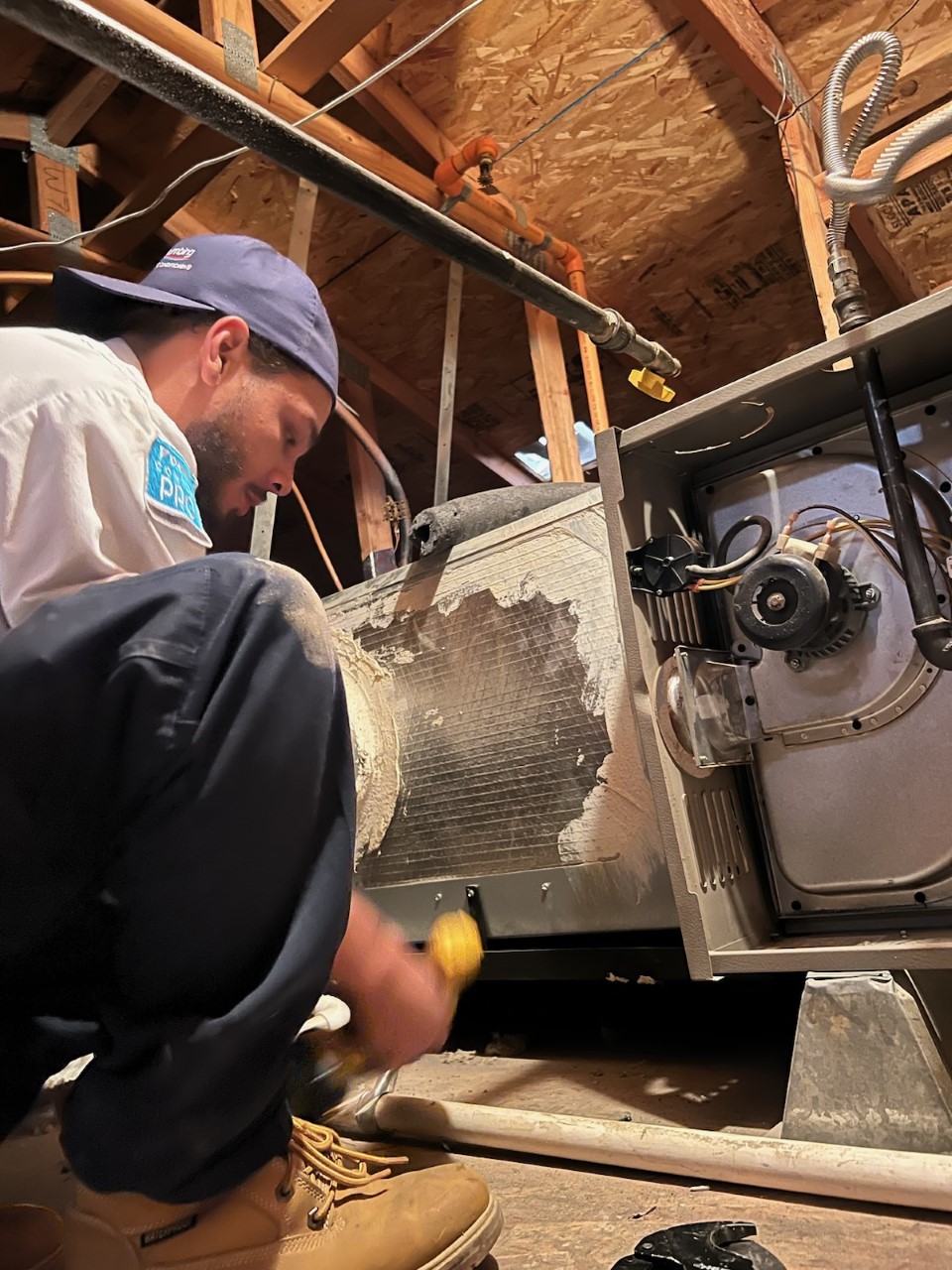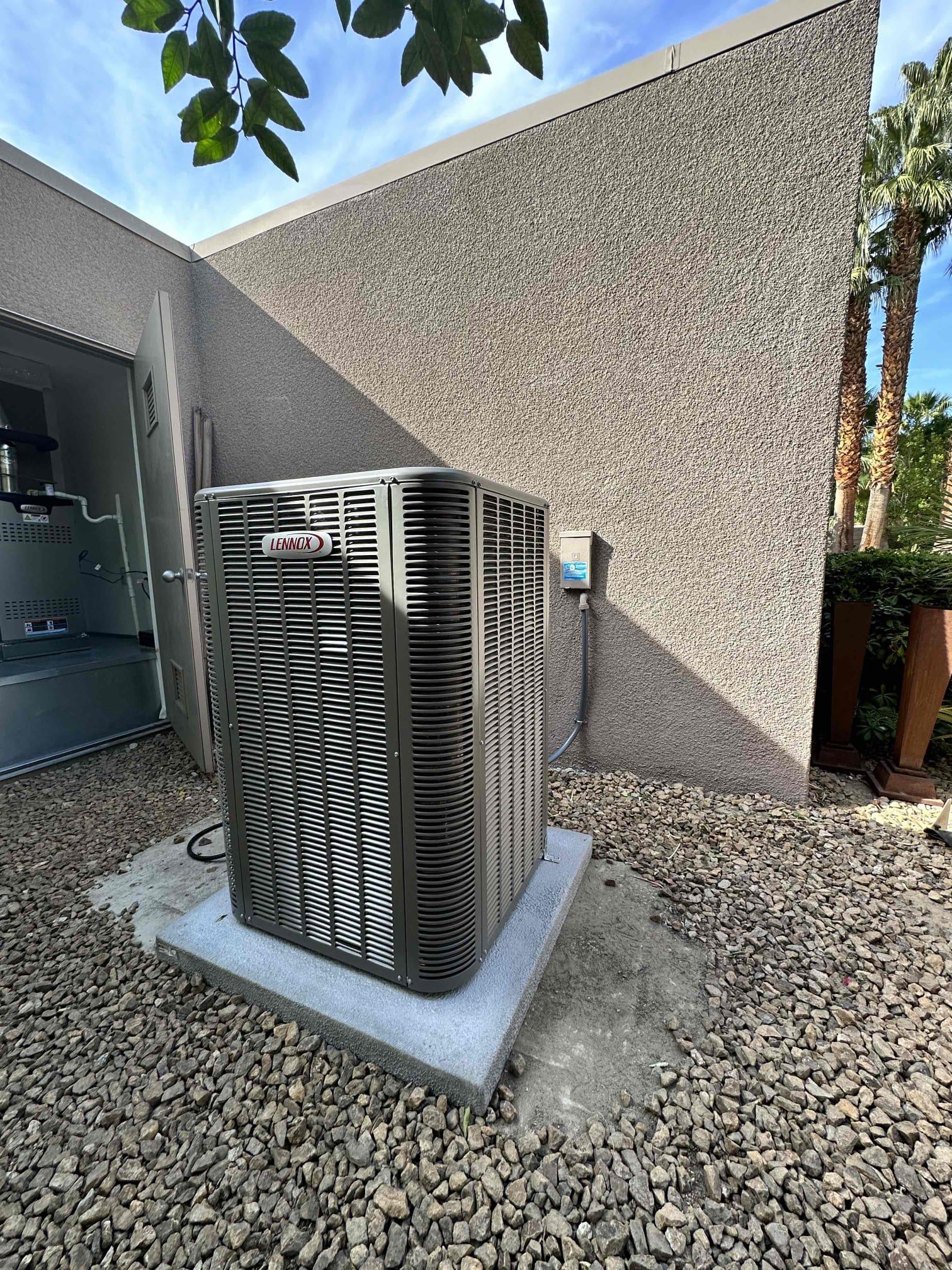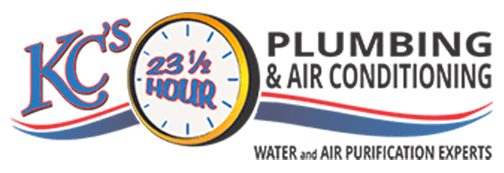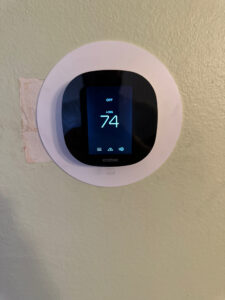
When it comes to maintaining desired indoor temperatures, it is essential to understand the difference between HVAC and air conditioning systems. The two have some key differences that people often mistake because they use the terms interchangeably. Knowing the differences makes choosing the best system for your house easier.
HVAC Systems: The All-in-One-Solution
HVAC stands for Heating, Ventilation, and Air Conditioning. It refers to a system of mechanical devices used in residential and commercial buildings to provide heating, cooling, ventilation, and air circulation. HVAC systems create a comfortable indoor environment for occupants by controlling temperature, humidity levels, and air quality.
Key Components of an HVAC System
Since an HVAC system provides both heating and cooling, the key components of such a system include the following:
- A heating system such as an electric or natural gas furnace
- A ventilation system consisting of air ducts, aire vents, and air filters
- A cooling system, which could be an air conditioner or heat pump
Advantages of an HVAC System
By having a combination central heating and cooling system, it provides more comprehensive climate control. You can keep your house heated or cooled to the desired temperature year-round. In addition, since each component of an HVAC system is separate, when one part has issues, you only have to worry about that part of the system.
Air Conditioning: a Focused Approach to Cooling
An air conditioning system that uses mechanical components to cool an indoor environment’s temperature, humidity, and air quality. It typically consists of a compressor, condenser unit, evaporator coils, fans, filters, and ducts. It also helps maintain consistent air quality and humidity levels by removing excess moisture from the air.
Types of Air Conditioning Systems

Several air conditioning systems are available, including central air conditioners, heat pumps, split systems, mini-splits, window units, and portable units.
Central air conditioners are the most popular type. They consist of an outdoor unit that houses the compressor and condenser coils and an indoor unit with evaporator coils and a fan.
Heat pumps are another option for air conditioning. They use a heat exchange process to transfer thermal energy from one area to another, providing both cooling and heating capabilities in one system.
Split ductless systems provide zoning control by allowing users to cool different parts of their homes simultaneously. Mini-splits are similar to split systems but feature smaller components for more energy efficiency.
Window units are self-contained appliances that are installed in windows in individual rooms. Portable units can be moved from one room to another for cooling.
Advantages of Air Conditioning Systems
Air conditioning systems provide several benefits, including:
- Reduced Humidity Levels
- Flexible Installation Options
- Lower Upfront Costs
Additionally, many modern air conditioners come with advanced features like programmable thermostats and zoning capabilities, which can help you save money on your energy bills.
HVAC vs. Air Conditioning: Factors to Consider
When deciding between HVAC and air conditioning, several factors must be considered. The size of the space, budget, energy efficiency requirements, and climate will all help determine which type of system is best for your needs.
Selecting the Right System for Your Home
When deciding between HVAC and AC, consider your home’s heating and cooling needs in Palm Springs and the Coachella Valley. If you like keeping your home warm in winter and cool in summer, an HVAC system is the better choice. However, if you have a fireplace to keep your home warm in winter, an AC system may be all you require.
For further help in deciding what system is best for your home, and HVAC and AC maintenance, repairs, and new installations, please contact KC’s 23 ½ Plumbing and Air Conditioning today.





